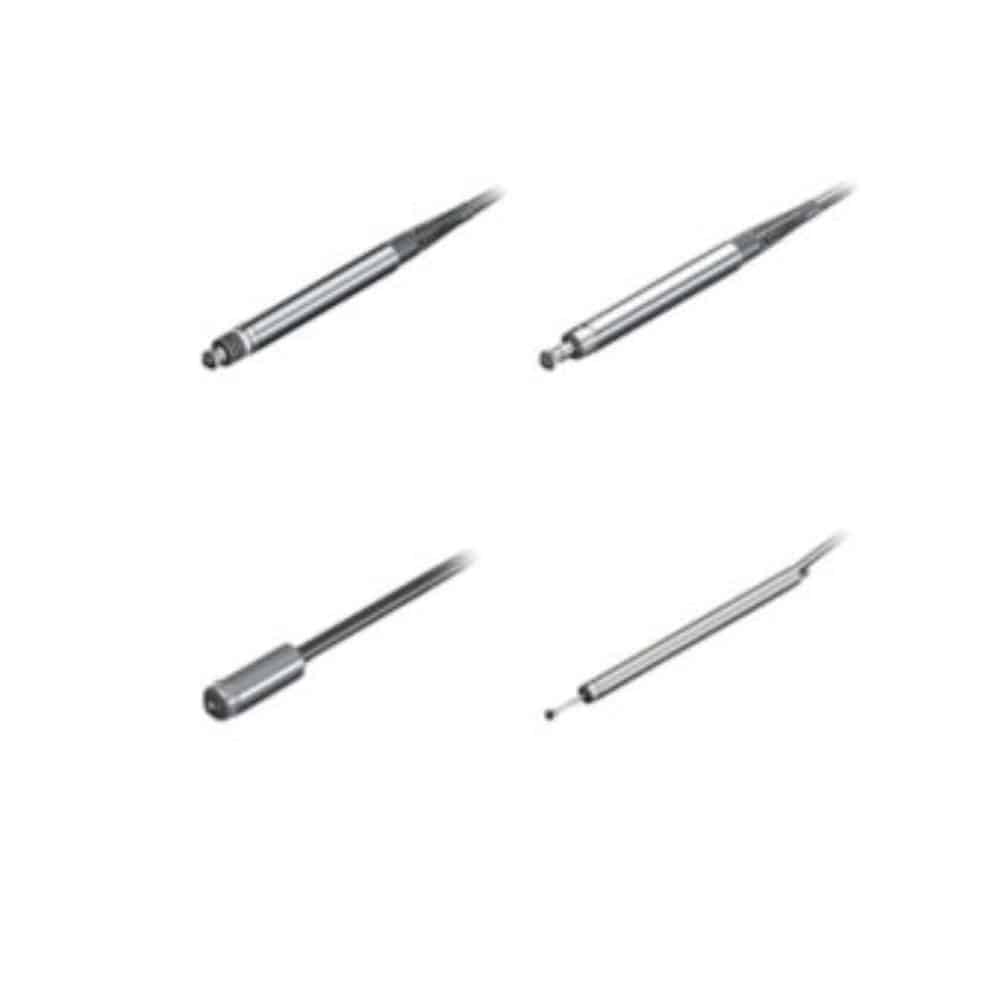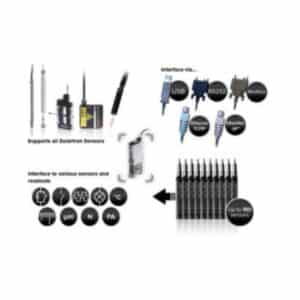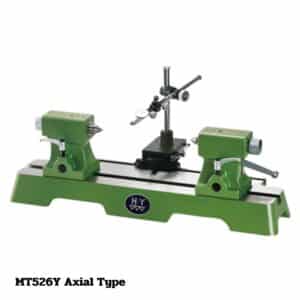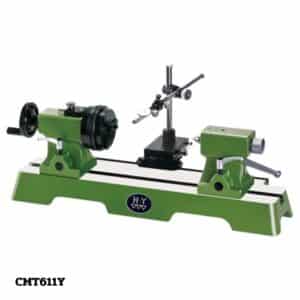Probe : Essential Tools for Precise Measurement and Inspection
Probes are versatile tools used in various industries and applications to measure, inspect, and gather data with a high degree of accuracy. These instruments come in various forms and are essential for tasks that require precision, whether in quality control, scientific research, or engineering. In this comprehensive guide, we will explore the world of probes, their types, working principles, applications, and the vital role they play in ensuring accuracy and efficiency in diverse fields.
Understanding Probes
Probes are specialized devices designed to perform specific functions, such as measuring dimensions, detecting anomalies, or collecting data. They consist of a probe body, a sensing element, and often an interface that allows data to be read, displayed, or recorded. Probes come in various sizes and shapes, each tailored for a particular purpose. Some probes are manually operated, while others are integrated into automated systems for continuous monitoring and control.
Probes serve as crucial tools in industries like manufacturing, healthcare, metrology, and research, ensuring that processes are efficient, products meet quality standards, and scientific data is accurate.
Types of Probes
Probes are diverse and can be categorized based on their functions and applications:
- Measurement Probes: These are used to measure physical dimensions, such as length, thickness, temperature, pressure, and more. Measurement probes include tools like calipers, thermocouples, and pressure sensors.
- Inspection Probes: Inspection probes are designed to assess the quality and integrity of materials, components, or products. Examples include ultrasonic probes, magnetic particle probes, and visual inspection probes.
- Data Collection Probes: These probes are equipped with sensors to collect data about specific parameters. They are commonly used in research and include instruments like pH probes, spectrophotometer probes, and accelerometers.
- Scanning Probes: Scanning probes are often used in metrology to scan the surfaces of objects and generate 3D profiles. Coordinate measuring machines (CMMs) employ scanning probes for precise measurement.
- Medical Probes: Medical probes, like endoscopes and ultrasound probes, are used in healthcare for diagnostic and therapeutic purposes. They allow healthcare professionals to visualize internal body structures and perform minimally invasive procedures.
Working Principle
The working principle of a probe depends on its type and function. Here is a general overview of how probes operate:
- Sensing Element: Probes incorporate a sensing element that interacts with the parameter being measured or inspected. This element can be a thermocouple, a piezoelectric crystal, a camera, or any other sensor relevant to the task.
- Data Acquisition: The sensing element provides data to the probe, which is then transmitted to a display, data logger, or processing unit. In some cases, the data may be visualized in real-time.
- Analysis and Interpretation: Users analyze the data collected by the probe, comparing it to set standards or specifications. This analysis helps make decisions about the quality of a product or the state of a system.
- Feedback or Action: In certain applications, probes can trigger actions or adjustments based on the data collected. For instance, a temperature probe can signal a heating system to maintain a specific temperature range.
Significance of Probes
Probes are highly significant in numerous industries and applications for several reasons:
- Precision: Probes provide accurate and reliable measurements, critical for quality control, research, and safety.
- Efficiency: They streamline processes by automating data collection and measurements, reducing human error and improving productivity.
- Quality Assurance: Probes play a crucial role in ensuring that products meet specific standards, from manufacturing tolerances to medical diagnoses.
- Safety: In applications like structural integrity testing or medical diagnostics, probes enhance safety by allowing non-destructive examination and early detection of issues.
- Versatility: Probes are adaptable to a wide range of industries, from aerospace and automotive to healthcare and environmental monitoring.
- Innovation: Probes drive innovation by enabling new scientific discoveries, technological advancements, and process improvements.
Applications
Probes find applications in various industries and contexts, including:
- Manufacturing: Ensuring the precision of machined parts, measuring material properties, and inspecting product quality.
- Healthcare: Facilitating medical imaging, diagnostic procedures, and patient monitoring.
- Aerospace: Testing materials, structures, and components for safety and performance.
- Environmental Monitoring: Collecting data on air quality, water quality, and climate conditions.
- Research and Development: Supporting scientific research, including physics, chemistry, biology, and materials science.
- Quality Control: Verifying the quality and reliability of products and components in various industries.
Care and Maintenance
Proper care and maintenance of probes are essential to ensure their accuracy and longevity. Maintenance practices can vary depending on the specific type of probe and manufacturer recommendations. However, regular cleaning, calibration, and storage in controlled environments are common practices to maintain their performance.
In conclusion, probes are invaluable tools in industries and applications where precision, measurement, inspection, and data collection are essential. Their versatility, accuracy, and efficiency contribute to the quality of products, scientific advancements, and the safety of various processes. Probes are at the forefront of innovation, enabling advancements in technology and enhancing our understanding of the world.













